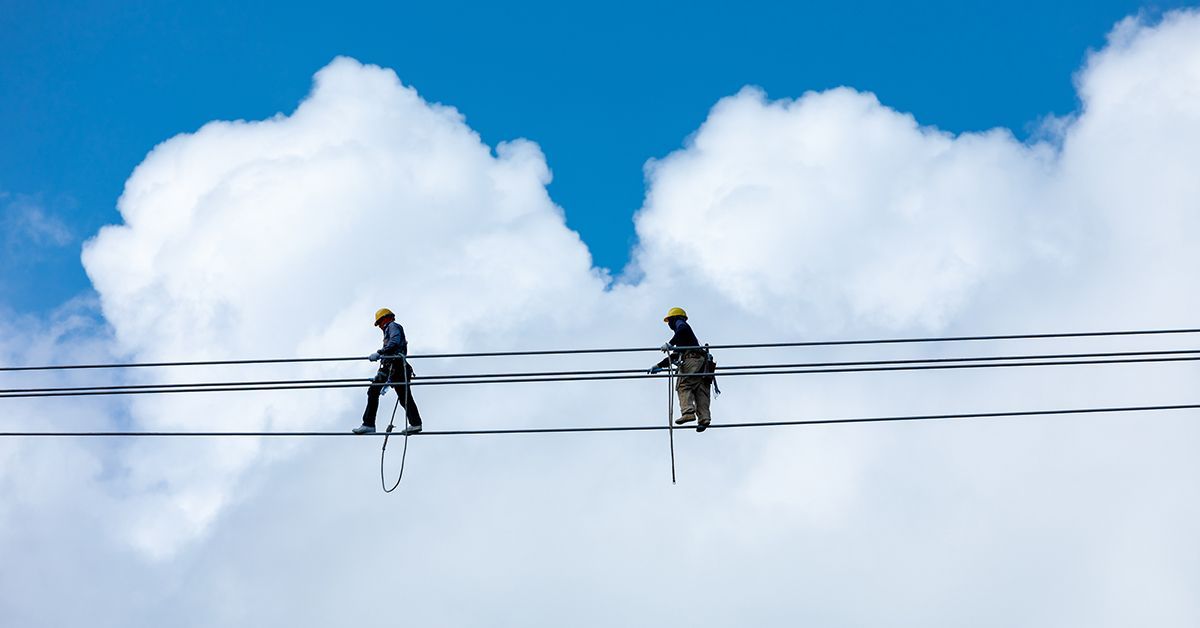A key feature of Chatti’s work: She conducts grounded research in partnership with communities and colleagues from multiple disciplines. Whether facing wildfires, grid shutdowns, high levels of air pollution, uncertain access to cooking fuels – or other challenges – Chatti said she believes “in the value of understanding and bringing together multiple, sometimes diverging perspectives on the environment.”
Fire, smoke and sovereignty
While at Humboldt, Chatti brought her interdisciplinary background to a partnership with her engineering colleagues at the Schatz Energy Research Center, the Karuk Tribe and Blue Lake Rancheria Tribe to assess wildfire impacts and help design potential solutions to strengthen energy and air pollution infrastructure.
Access to electricity is often crucial during wildfires – for running air filters, addressing medical needs and staying informed on safety guidelines. But during wildfire season, electric grids may get shut down to mitigate the risk of fires starting and spreading.
The Karuk Tribe was all too familiar with coping with wildfires without the benefits of continuous and reliable electricity access. As a result, residents of ancestral Karuk territories were exposed to particularly high levels of air pollution during fires. To help design a better system, Chatti and her colleagues worked with Karuk communities to not only monitor air pollution during various fire events including wildfires and cultural burns, but also learn about their knowledge and perspectives on managing smoke and fires.
“We wanted to prioritize tribal sovereignty and knowledge, and create infrastructure that worked for their specific needs,” Chatti said.
Chatti and her colleagues also partnered with another Humboldt County tribe, the Blue Lake Rancheria Tribe, who own and operate a microgrid. A microgrid is a small-scaled power grid that generates electricity for a localized area – like a university, hospital or military base. The Blue Lake Rancheria microgrid creates local jobs and gives the tribe control of their own electricity. It also served as an essential resource when the surrounding electric grid was shut down due to fire risk.
